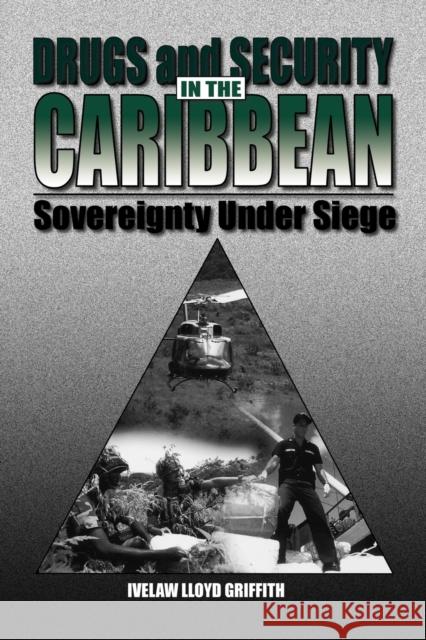Drugs and Security - Pto, Ls » książka
Drugs and Security - Pto, Ls
ISBN-13: 9780271017198 / Angielski / Miękka / 1997 / 316 str.
Drugs and Security in the Caribbean is a comprehensive study of the drug dilemma in the Caribbean that reveals the severity of the threat illegal drug trafficking poses to the small countries of that region.The illegal drug traffic in the Caribbean is a persistent problem for law enforcement in the United States, but for small countries in that region it threatens their very existence. The increase in the production and flow of drugs undermines the political stability and economic development because it leads to crime, corruption, and arms trafficking and affects tourism. And although all these countries, except Cuba, are democracies, the need to commit military and paramilitary forces in the war against drugs can seriously undermine democratic governance in those nations.Ivelaw Griffith has undertaken the first extensive study of illegal drugs in the Caribbean by examining the nature and scope of drug operations, probing the security implications of those operations and the problems they cause, and assessing countermeasures for dealing with drug traffic and resulting problems. By disclosing the various elements of the drugs-security matrix, Griffith argues that the sovereignty of Caribbean countries is under siege, not only from drug operators but also from other states, owing to the transnational nature of drug trafficking and the inability of most small countries to cope with it. Drugs and Security in the Caribbean makes it clear that there is no simple solution to the drug threat. As long the demand for drugs persists in the United States and Europe, drug trafficking in the Caribbean will be nearly impossible to control.Included in the book are two appendixes: the first is the 1996 anti-drugs treaty between the U.S. and Trinidad and Tobago, a model for agreements signed with other countries; the second is a Caribbean Counternarcotics "Who's Who."











